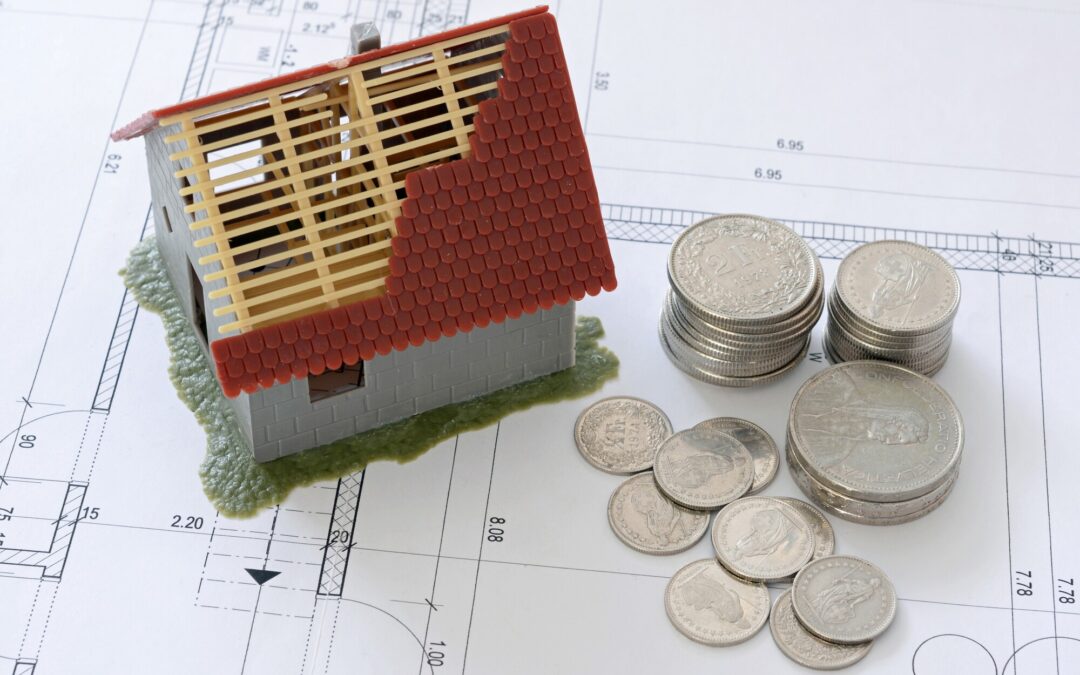Buying a home is exciting, and it’s also likely one of the biggest investments you’ll make in your lifetime.
If you’re preparing to buy a home, your credit plays a major role in not just getting approved for a mortgage, but also for getting a great rate.
Read on for a list of helpful credit-building tips that will help you get ready for your adventures in homeownership.
1. Start with Your Credit Report
You can’t practice any real credit-building habits until you know where you stand in terms of your credit score. Start the process by obtaining a copy of your credit report so you know exactly what you’re dealing with.
Your report will include information about all of your current open accounts, what you owe, and if you’re paying on time. This report is crucial, since lenders also look at it, too.
Take some time to comb over the report and make sure you look for errors and report them for correction immediately. You can get a free copy of your credit report online to help you get started.
2. Pay Down Balances ASAP
The faster you can pay down your current debt, the faster your credit score will rise. Look at all of your open credit accounts and determine which ones you can pay down the fastest.
Even if you make more than your monthly minimum payment, you’ll be taking a step in the right direction. Consider the two main methods you can try: snowball or avalanche to help you pay off your debt as fast and as effectively as possible.
Whenever you get extra money, whether it’s a bonus from work or perhaps some overtime pay, use it to pay off more of your balances. If you’re not sure where to focus your money to pay things off quickly, ask your lender for advice.
3. Credit-Building Strategy: Ask For a Credit Limit Increase
It might seem counterintuitive to ask your creditors for higher limits, but it can actually help your FICO score. If you have a higher limit but the amount of debt remains the same or continues to drop, it will give your score a boost.
Having a lot of available credit with a low balance shows lenders that you’re a responsible borrower. This tactic also helps improve your overall debt-to-credit ratio, which is a factor in determining your credit score.
When asking for a limit increase, make sure that the creditor doesn’t perform a “hard pull” to do so. This can actually put a ding on your score and drop it lower, so always confirm that limit increase requests are fast, easy, and don’t require a review of your credit report.
4. Ask to Become an Authorized User
Adding yourself to someone else’s credit account can benefit your score, as long as the other person is in good standing. As an authorized user, you’ll get the benefit of their good credit history without having to apply for a new account.
Make sure that the person you ask has an excellent history with their account and that they’re going to continue to pay on time. For most, a family member or spouse is a good option to ask if you can be an authorized user.
You won’t need to apply for new credit when you do this, but you’ll get the benefit of adding another account with a good limit and payment history on your report. Your name will be attached to the account but you won’t be responsible for the debt, so choose wisely.
5. Pay Twice a Month
If possible, try to pay your credit accounts twice per month instead of monthly. This simple tweak will help you pay balances faster, and it can also speed up an increase in your credit score.
An easy way to do this is to set everything up using auto-pay. That way, you won’t have to worry about forgetting to make your payments, and the twice-monthly withdrawals will be automatic.
You can choose one or two accounts to do this for, or choose them all. Either way, it’s a good method to help you speed up the process of paying off your debts while boosting your score.
6. Don’t Close Old or Paid-Off Accounts
You might think that having a lot of credit accounts open can hurt your credit, but it can actually be helpful. Avoid the temptation of closing old or paid-off accounts, and simply leave them open on your report.
The more open accounts you have with a $0 balance, the better. This shows lenders and the credit bureaus that you’re able to handle several credit accounts without running up a balance on all of them.
If you’re worried that you might be tempted to use an old credit card, simply cut it up and forget about it. Closing accounts can actually hurt your score, so do your best to resist the temptation and simply leave them open.
Raise Your Credit Today
The higher your credit score, the better chances are that you’ll be approved for a mortgage and get a great rate. Use these credit-building tips and watch your score climb.
With a bit of discipline and some easy tweaks, your credit score will start to increase as you prepare to buy a home.
When you’re ready to start your home-buying adventure, feel free to explore our website and then contact us to get a quote today so we can help you get started.

